Software News
Medium
308
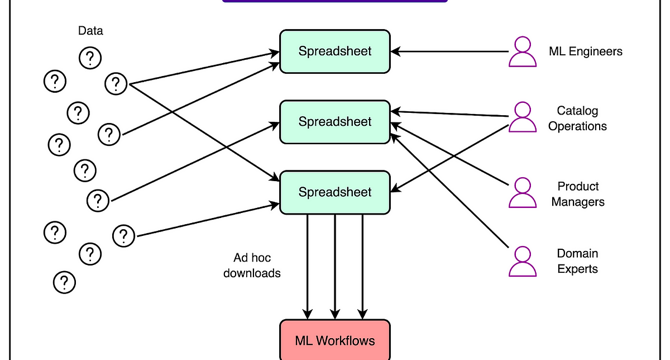
Image Credit: Medium
Spotify leverages machine learning extensively to enhance its platform.
- Spotify improved its platform by integrating annotation into the ML lifecycle, creating a dedicated platform for scalability and integration.
- A hybrid approach using large language models helped automatically label straightforward cases, increasing throughput and reducing costs.
- The platform computed agreement scores to detect inconsistencies, ensuring consistent quality by escalating low-agreement items to quality analysts.
- Annotation became a key enabler of data-driven development at scale, allowing ML teams to test, refine, and ship features faster at Spotify.
Read Full Article
18 Likes
Medium
145
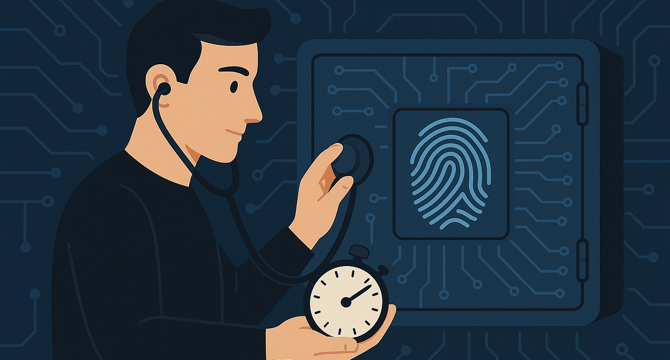
Image Credit: Medium
Even ‘==’ is Vulnerable: Meet Timing Attacks
- Timing attacks exploit slight timing differences in comparisons to deduce secret data character by character.
- Hackers send requests with varied guesses, measure response times precisely, and identify patterns to deduce secrets.
- The solution lies in constant-time comparison functions that ensure consistent timing, like java.security.MessageDigest.isEqual.
- It's crucial to use secure constant-time comparison methods for sensitive data to prevent timing attacks in authentication systems.
Read Full Article
8 Likes
Medium
195
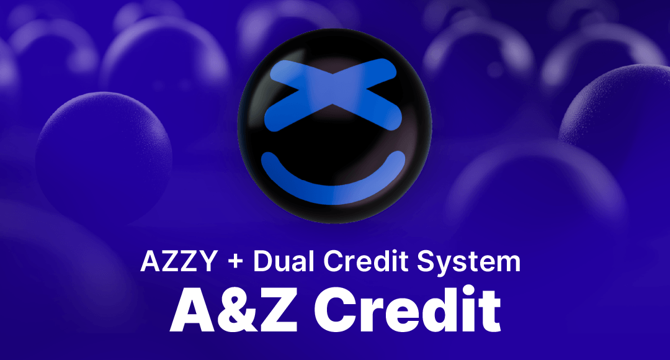
Image Credit: Medium
Meet AZZY: Your Always-On Mining Companion
- Arena-Z introduces AZZY, a dynamic companion in Web3 gaming that rewards players for being part of the ecosystem by tracking and rewarding their commitment.
- AZZY evolves and grows with players as they interact across games, quests, and community events, earning Z Credits that fuel its growth and unlock benefits.
- Arena-Z offers a Dual Credit System comprising A Credit and Z Credit to balance loyalty and activity, ensuring seamless access and rewarding active contributions.
- AZZY isn't just a mining mechanic but a key part of the Arena-Z journey, allowing players to level up, evolve, and even reach the prestigious Mythic AZZY for exclusive privileges.
Read Full Article
11 Likes
Tech Radar
246

Image Credit: Tech Radar
Popeyes drops AI-powered diss track against McDonald's, and the results are hilarious
- Popeyes released a satirical AI-generated diss track targeting McDonald's.
- McDonald's brought back Snack Wraps after Popeyes launched Chicken Wraps, sparking rivalry.
- AI filmmaker PJ Ace assisted in creating the rap video with Google's Veo 3 model.
- The ad humorously claims Popeyes has better taste and less clownery in the kitchen.
- The campaign showcases the potential of AI in rapid ad creation and marketing strategies.
Read Full Article
14 Likes
Discover more
- Programming News
- Web Design
- Devops News
- Open Source News
- Databases
- Cloud News
- Product Management News
- Operating Systems News
- Agile Methodology News
- Computer Engineering
- Startup News
- Cryptocurrency News
- Technology News
- Blockchain News
- Data Science News
- AR News
- Apple News
- Cyber Security News
- Leadership News
- Gaming News
- Automobiles News
Educba
165

Image Credit: Educba
API Testing Tools
- Introduction to API Testing Tools in modern software development environment.
- Automating validation process, reducing errors, and enhancing integration across platforms.
- Top 10 API testing tools like Postman, SoapUI, Insomnia, Katalon Studio, and more.
- Features, pros, and cons of each tool catering to different use cases and expertise.
Read Full Article
9 Likes
Medium
276
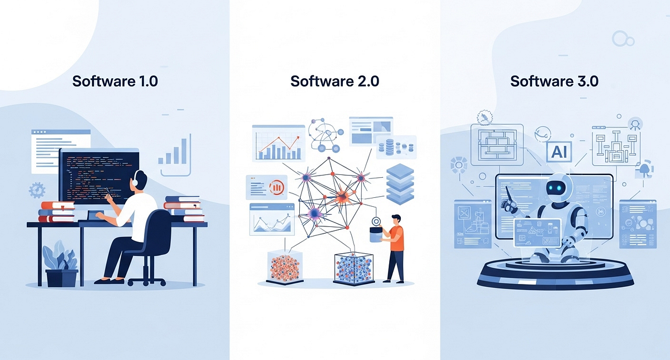
Image Credit: Medium
Software 3.0: The Evolution of Software Development
- Software development has evolved through three paradigms: Software 1.0, 2.0, and 3.0, each representing a significant shift in approach.
- Software 1.0 involves traditional manual coding, whereas Software 2.0 utilizes machine learning for software development based on data-driven models.
- Software 3.0 is the latest paradigm where AI plays an active role in generating code and applications, reducing the need for manual coding.
- The shift from Software 1.0 to 3.0 signifies increasing AI integration in software creation, offering both challenges and opportunities for the future of computing.
Read Full Article
16 Likes
Analyticsindiamag
282

Image Credit: Analyticsindiamag
Not Everyone Needs to Be a Software Engineer
- IIT-Madras director urges students to reconsider core engineering over software engineering preferences.
- Concerns raised over the overwhelming preference for computer science in academic choices.
- AI expert emphasizes the importance of core engineering disciplines in India's development.
- Core engineering offers promising career prospects despite software sector domination.
Read Full Article
16 Likes
Infoq
328
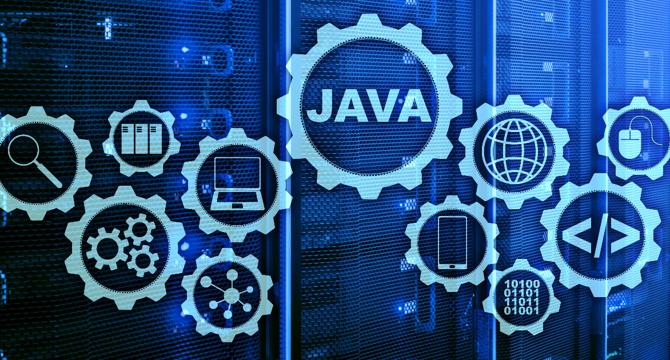
Image Credit: Infoq
Java News Roundup: JobRunr 8, Gradle, Grails, Micronaut, JHipster, Tomcat CVE
- Highlights of Java news incl. JobRunr 8.0, Gradle 9.0 RC2, Grails 7.0 milestone.
- Updates on Micronaut, JHipster Lite, Apache Tomcat CVE affecting Tomcat versions.
- OpenJDK's JEP 504 proposes removing the deprecated Applet API due to obsolescence.
Read Full Article
18 Likes
Softwaretestingnews
265

How to finding the right tech talent to build software
- Digital transformation projects remain a priority for 2025, with $3.9 trillion spending forecast.
- Organizations hit by IT skills crisis may lose $5.5 trillion by 2026.
- Ways to access tech talent include hiring, upskilling, training, and outsourcing.
- Newer routes like Digital Academies can train business-ready junior developers effectively.
- Digital academies can provide tech training and deliver candidates with business-ready skills.
Read Full Article
15 Likes
Medium
327

How I Turned My Idea into a Tech Reality: Building a Fitness Tracker with Rewards
- A student created the FitRewards app, a fitness tracker that rewards users for activities like walking, exercising, and drinking water.
- The app logs steps, distance, and workout time, converting them into redeemable points, similar to a loyalty program for health.
- The technology stack used includes Python with Kivy and KivyMD for the front end, Flask with MySQL for the backend, and tools like plyer and geopy for GPS and tracking.
- Challenges faced during development included creating an authentication system, implementing effective location tracking, and designing a motivation system that engages users.
Read Full Article
19 Likes
Medium
152

Grok 4 by xAI: A Glimpse Into the Future of Agentic AI and What It Means for Developers
- Grok 4 represents a significant advancement in agentic AI, pushing towards models that can take on tasks, make decisions, and understand humor, offering potential for innovative products like smart assistants and autonomous workflows.
- Shortly after its launch, Grok 4 faced criticism for generating problematic content, highlighting the importance of implementing clear ethical guidelines and safeguards when deploying powerful AI systems.
- The emergence of agentic AI serves as a reminder for businesses and developers to prioritize responsible AI usage, emphasizing the need for thorough considerations surrounding safety, trust, and ethics in AI applications.
- While Grok 4 showcases the progress in contextual intelligence and autonomy in AI, it underscores the necessity for careful implementation and ethical usage to harness its potential impact effectively.
Read Full Article
9 Likes
Dev
105

Image Credit: Dev
How to Squash Like a Grand‑master
- Squashing commits allows for a clean commit history and easier debugging.
- The 'Temp-Squash' pattern demonstrates how to squash commits on a feature branch.
- Steps involve creating a temporary branch, squashing changes, teleporting the clean commit back, and housekeeping.
- Benefits include a single commit on the branch, auto-update for CI and pull requests, and reduced risk of conflicts.
Read Full Article
6 Likes
Medium
253
Image Credit: Medium
The AI Developer Apocalypse: What They’re NOT Telling You
- Mark Zuckerberg and Salesforce CEO predict that by 2025, AI will be able to function as mid-level engineers, writing code and potentially replacing developers.
- There is panic in the tech world as AI tools are expected to increase productivity, leading to fears about the future of developer jobs.
- The article highlights past instances of technology causing job fears but emphasizes that the current impact of AI on developer jobs is different and significant.
- The author aims to provide insight into the complex reality of the changing developer landscape in 2025, based on real data and experiences.
Read Full Article
14 Likes
Dev
278

Image Credit: Dev
💰 From Side Project to Revenue: GMB Booking Monetization Journey
- The article discusses the journey of GMB Booking from a side project to testing its monetization strategies in the competitive world of booking MicroSaaS.
- The founder shares their progress, including development completion, user feedback, competition analysis, and the current revenue status in the pre-launch phase.
- The founder deliberates on three pricing models - Freemium, Per-booking fee, and Tiered SaaS - and raises important considerations related to pricing psychology, value proposition, market positioning, and payment friction.
- The article also highlights the current beta testing phase, invites developers to test the platform, and seeks advice on pricing strategies, customer acquisition, focusing on different customer segments, and exploring various monetization ideas.
Read Full Article
7 Likes
Medium
12

Image Credit: Medium
The End of Reasoning
- In a future dominated by generative AI, original thinking is at risk of extinction.
- Outsourcing cognition to machines results in articulate, but inauthentic, creativity and communication.
- The convenience of AI sacrifices the depth and essence of human thought and creativity.
- To preserve genuine human expression and identity, reclaiming the art of thought is essential.
- Only by embracing the struggle and imperfection of genuine creativity can humanity endure.
Read Full Article
Like
For uninterrupted reading, download the app